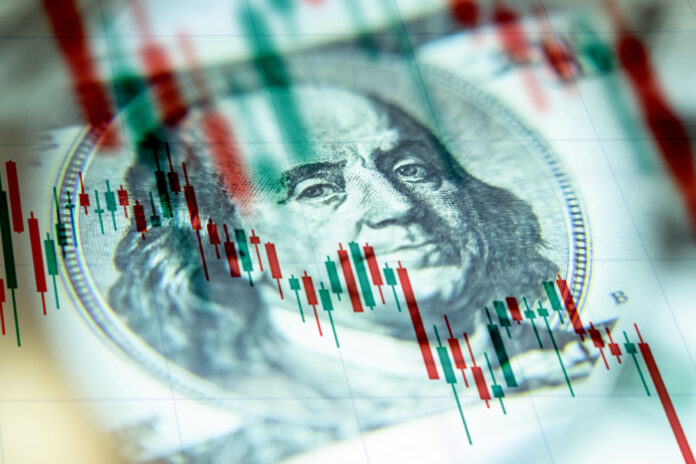The Philippines booked a net inflow of foreign portfolio investments or speculative funds amounting to $886.7 million last year as the economy booked its strongest growth in nearly 50 years.
Although this reversed the net outflow of $574.5 million recorded in 2021, the net inflow was way below the revised $3.5 billion target set by the Bangko Sentral ng Pilipinas (BSP).
Foreign investments registered by the BSP through authorized agent banks are also known as hot money or speculative funds as these flow regularly in financial markets as investors attempt to ensure they get the highest short-term interest rates possible.
According to the BSP, the gross inflow of speculative funds from the United Kingdom, Singapore, US, Luxemburg, and Hong Kong declined by 9.4 percent to $12.34 billion in 2022 from $13.62 billion in 2021.
About 78.2 percent went to securities listed on the Philippine Stock Exchange (PSE), while 21.6 percent were invested in peso government securities. The balance of less than one percent went to other instruments.
“On a per investment instrument level, transactions in PSE-listed shares resulted in a net inflow of $179 million, which is a reversal from the $956 million net outflows last year (2021), while those for peso government securities recorded net inflows of $694 million, higher compared to $398 million net inflows in 2021.”
Bangko Sentral ng Pilipinas
The central bank said the withdrawal of speculative funds fell by 19.3 percent to $11.46 billion in 2022 from $14.19 billion in 2021.
It pointed out that majority or 95 percent of the outflows represented capital repatriation, while the remaining five percent pertained to remittance of earnings.
For 2023, the BSP is looking at a net inflow of speculative funds amounting to $5 billion.
The Philippines has fully recovered from the pandemic-induced recession as its gross domestic product (GDP) growth accelerated further to 7.6 percent last year from 5.7 percent in 2021.
It would be recalled that the country’s economy shrank by 9.6 percent in 2020 as the economy stalled due to strict COVID-19 lockdowns.







